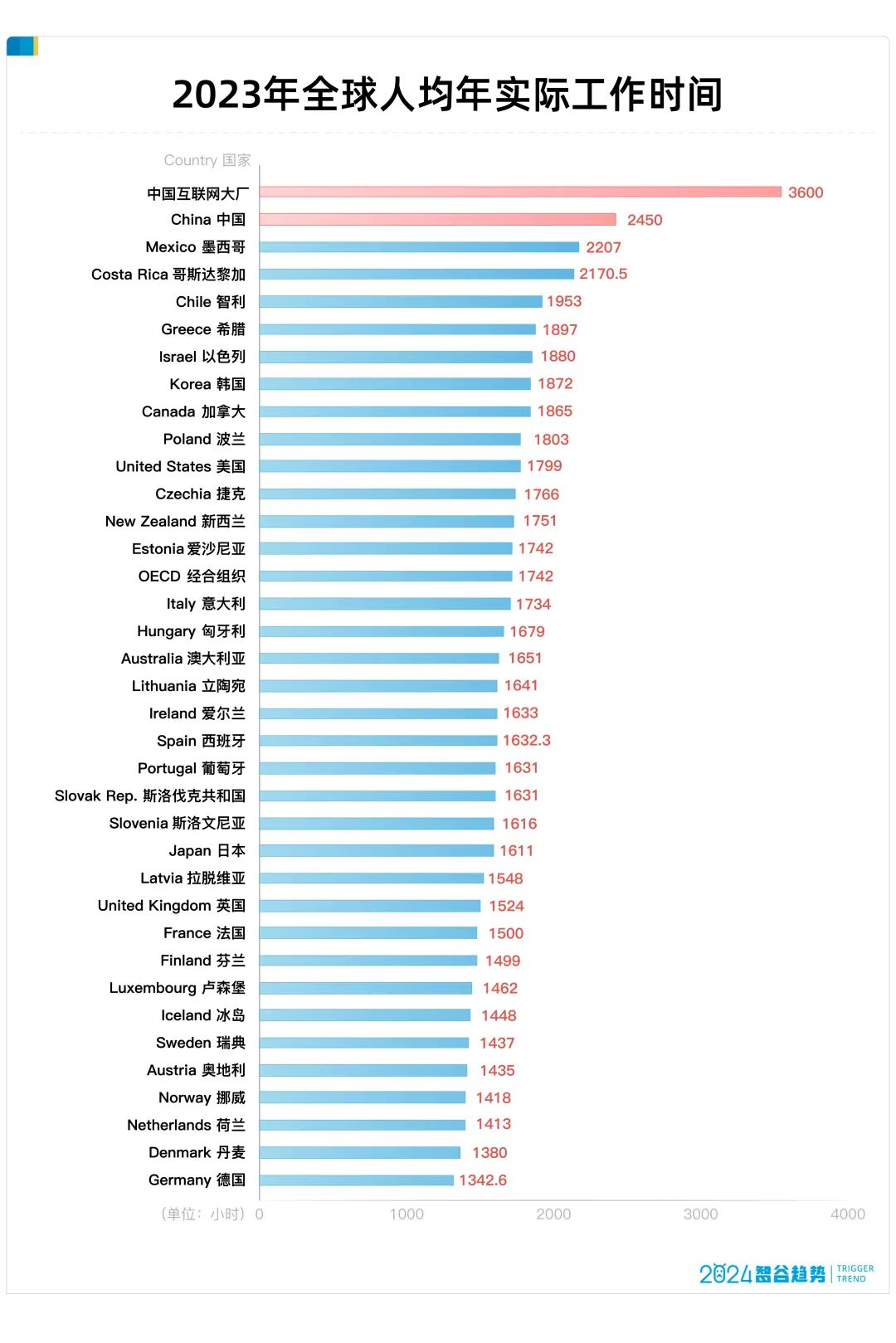I do not know how Hexbear arrives at these strange positions honestly, no neoliberal reforms are not justifiable under any circumstance.
Still can’t get over the fact that people are supporting neoliberalism just because it’s China lol.
No theory, no material analysis, just black and white thinking. Typical Western leftists behavior that I should have gotten used to by now.

It’s not even “not finding the money”, the economics is far simpler than that, and as you said, neoliberal in nature. It is indeed an IMF mantra to the developing countries (they even have a name for it: “middle income trap”) that it’s funny to see people supporting it just because it’s China lol.
So much of China’s economy has been geared towards exports of cheap goods and services to “wealthy” foreign countries that allocation of labor and resources toward social services and domestic economy has been reciprocally constrained.
It’s one of the reasons why I keep talking about transition towards a domestic consumption model, because the misallocation of capital and resources (and the corresponding wealth inequality) do end up having an impact on your average working people in China. Who would’ve thought!